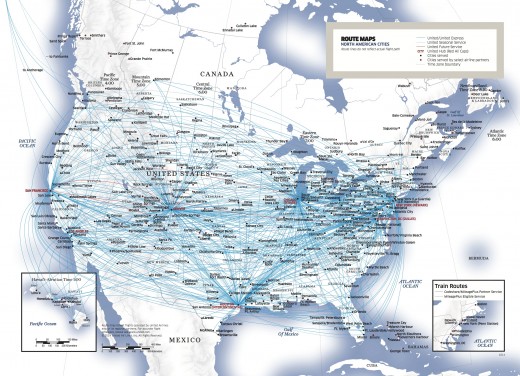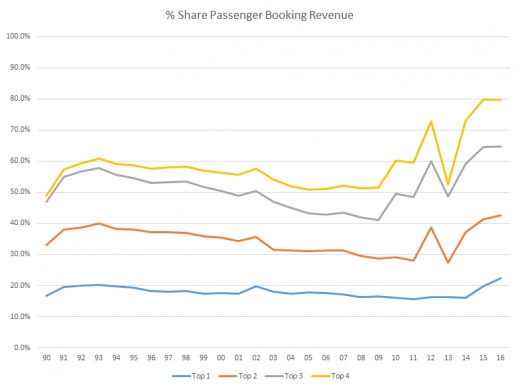

Now, it is the policies of austerity, promoted as a means of tackling the economic crisis, but making things much worse. Then, it was the attempt to reform the system from within. 4, 5 In both cases, the policies they pursued failed, often spectacularly. Just as in central Europe in the late 1980s, once the system began to unravel, it did so very quickly, with politicians rapidly losing control of events. Just as, in the 1980s, the communist economies stagnated, real incomes for average families in employment in western Europe have barely changed since the early 1990s, although now the reality has been disguised by the availability of cheap credit. The situation in Western Europe displays many parallels with the dying days of the communist system. 3 Mass demonstrations on a scale seen two decades ago in Prague, Warsaw and Budapest are being replayed on the streets of Athens, Lisbon, Madrid and Rome.

2 Yet, twenty years later, it is the capitalist system that seems broken. Communism was broken and capitalism was triumphant. 1 No longer would there be any serious argument about what was the best way to organise society, communism or capitalism. This symbolised the death of communism as an organising principle of society in Europe, the end of an experiment that had begun in St. On 26 th December 1991, the Soviet flag flying over the Kremlin was lowered for the last time, to be replaced by that of the newly independent Russia.

‘Decipio’: examining Virchow in the context of modern ‘democracy’. They might start by looking at how they can change what is happening in health care and then apply the lessons more broadly. Public health professionals are as well equipped as anyone to propose it. A different solution is needed that prioritises health and social wellbeing. They can look for inspiration to the Prussian physician Rudolph Virchow who, while fully aware of the key role played by lice, drew attention to the social and economic circumstances in Silesia in the nineteenth century that allowed typhus epidemics to occur.* Yet, in recent years, too many public health professionals have left the big decisions to politicians and economists, assuming they must know what they are doing. In circumstances such as those described in this paper, public health professionals have a duty to speak out. Will healthcare be the next profit-fuelled investor bubble? In this paper, we call on health professionals to heed the warnings from the economic crisis and, rather than stand by while a crisis unfolds, act now to redirect increasingly market-oriented health systems to serve the common good. Proponents of commodifying healthcare simultaneously argue that the cost of providing care for ageing populations is unaffordable while working to create demand for their health care products among those who are essentially healthy. Yet, there is a hidden consequence of this system: an unfolding crisis in health care, driven by the greed of corporations whose profit-seeking model is also failing. It has revealed a system that is managed not for the benefit of the people but rather for the corporations and the small elite who lead them, and which is clearly unsustainable in its present form. The current economic crisis in Europe has challenged the basis of the economic model that currently prevails in much of the industrialised world.


 0 kommentar(er)
0 kommentar(er)
